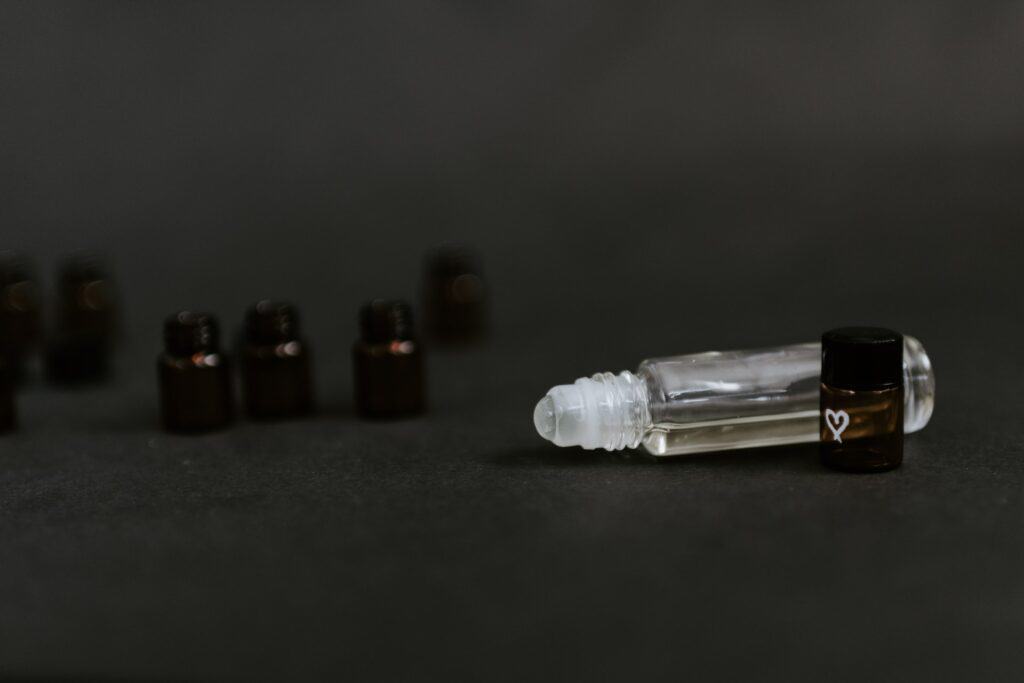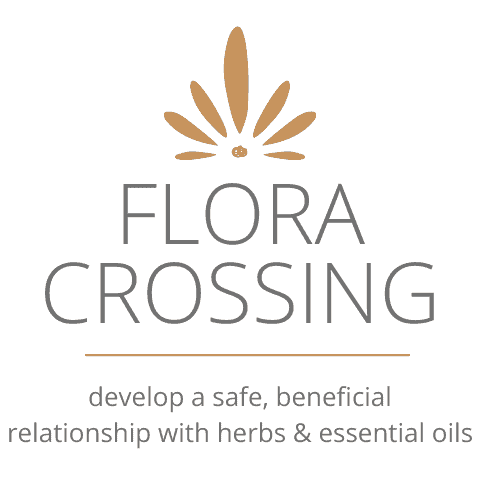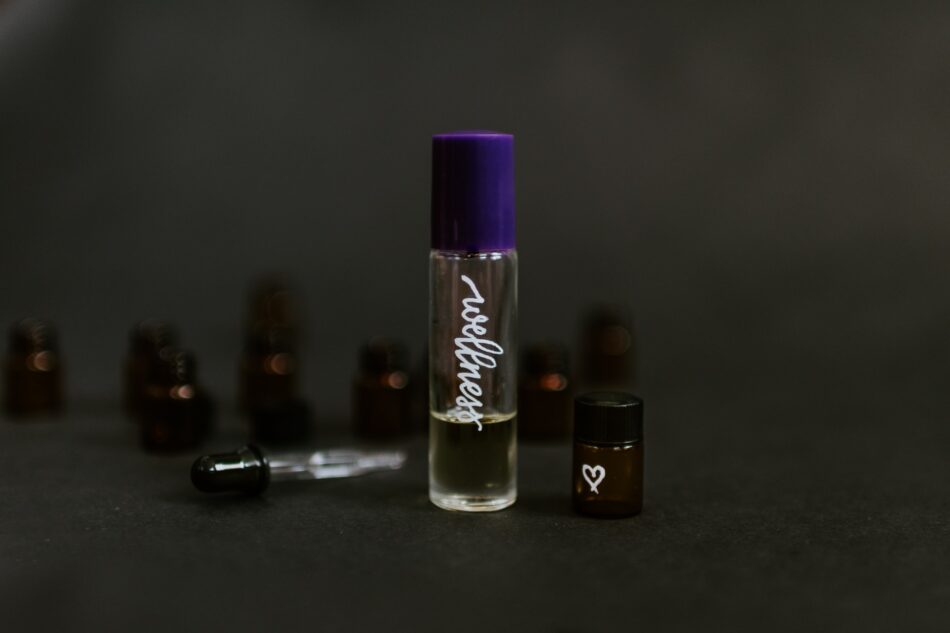What does rosehip oil smell like? This is a question that many people have, but it is not easy to find an answer to. That is because the scent of rosehip oil varies from person to person. Some people say that it smells earthy or fruity, while others say that it has a floral scent. One thing that all people seem to agree on is that the smell of rosehip oil is unique and pleasant! After reading this article, you will know what rosehip oil smells like.
Unrefined Rosehip oil has a strong earthy smell. This is because it’s made from the seeds and hips of wild roses, which tend to have a stronger scent than cultivated varieties. Refined rosehip oil usually has a lighter scent since it’s made from the hips of cultivated roses.
What Does Rosehip Oil Really Smell Like?
Some say it smells like roses, while others describe the scent as being more fruity. The truth is, rosehip oil can have a variety of different smells depending on the type of oil and the process used to make it.
If you’re wondering what rosehip oil smells like, the best way to find out is to try it for yourself. However, here are a few general descriptions that might give you an idea of what to expect.
Some rosehip oils have a strong floral scent, while others are more subdued. Again, this depends on the type of oil and the process used to make it. If you’re looking for a particular scent, it’s best to try a few different types of rosehip oil until you find one that you like.
In general, most people say that rosehip oil has a pleasant smell. However, if you’re sensitive to smells or have a specific scent in mind, it’s always best to try the oil before you buy it. That way, you can be sure that you’ll be happy with the results.

Is It Possible For Rosehip Oil To Have Fragrance?
There are many different types of rosehip oil on the market, and each one has its unique scent. While some people might find the natural scent of rosehip oil to be pleasant, others may not be as fond of it. Fortunately, there are ways to make rosehip oil more fragrant. By adding essential oils or other scented products to the oil, you can create a custom fragrance that is perfect for you.
Whether you want a light and floral scent or something more musky and earthy, there is a combination that will suit your needs. Experiment with different scents until you find one that you love!
How Long Can Rosehip Oil Last?
Rosehip oil can last up to two years if it is stored properly. To extend the shelf life of your rosehip oil, store it in a cool, dark place away from direct sunlight. If you notice the color of your rosehip oil changing or it starts to smell bad, then it has gone bad and should be thrown out.
So there you have it! Rosehip oil can last a long time as long as you take care of it properly. Be sure to give yours a sniff before using it on your face to make sure it’s still good!
How To Make Your Rosehip Oil Lasts Longer?
If you want to make your rosehip oil last longer, here are some tips:
- Store it in a cool, dark place: Rosehip oil is sensitive to light and heat. So, it’s important to store it in a cool, dark place like your pantry or medicine cabinet.
- Don’t let it sit out in the open: Not only does light degrade the quality of rosehip oil, but air can also cause it to oxidize. So, be sure to screw the lid on tight and put it away after each use.
- Use an airtight container: If possible, store your rosehip oil in an airtight container like a glass jar with a tight-fitting lid. This will help to keep the air out and prevent oxidation.
By following these tips, you can help to ensure that your rosehip oil lasts longer and remains effective. So, don’t be afraid to stock up on this versatile oil!
What Happens If You Use Rancid Rosehip Oil?
If you’re thinking about using rancid rosehip oil, there are a few things you should know. Rancid rosehip oil can cause skin irritation, redness, and burning. It can also make your skin more sensitive to sunlight. If you do use rancid oil, be sure to wash it off immediately and avoid exposure to sunlight. In addition, rancid rosehip oil can cause digestive upset if ingested. So, if you’re thinking about using this type of oil, proceed with caution!
5 Different Ways To Use Rosehip Oil
Rosehip oil is awesome for your skin! Here are five different ways you can use it:
- To reduce wrinkles and fine lines, rosehip oil can be used as a natural alternative to Botox. Simply massage a few drops of the oil into your face and neck every night before bed.
- For treating acne, rosehip oil can be used as a spot treatment or added to your regular facial cleansing routine. The anti-inflammatory properties of the oil help to soothe angry blemishes and calm the skin.
- If you have scars or stretch marks that you would like to fade, rosehip oil can help with that too! Its regenerative properties stimulate collagen production, which helps to improve the appearance of skin damage.
- Rosehip oil is also great for hydrating dry, flaky skin. Just mix a few drops with your regular moisturizer or body lotion and apply as normal.
- Finally, rosehip oil makes an excellent natural hair conditioner. Simply massage it into your scalp and hair before shampooing to help nourish dry, brittle strands.
Bottom Line
So, what does rosehip oil smell like? Overall, it has a pleasant, earthy scent with hints of floral and fruity notes. And while some people may not enjoy its strong aroma, others find it to be quite soothing. Whether you love or hate the smell of rosehip oil, there’s no denying that it’s packed full of benefits for your skin! Try incorporating it into your skincare routine and see for yourself. Your skin will thank you for it!
Do you use rosehip oil? What do you think of its smell? Be sure to check out our other articles for more interesting facts and information about this versatile oil.
Interesting Reads

